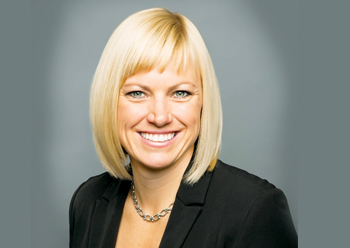
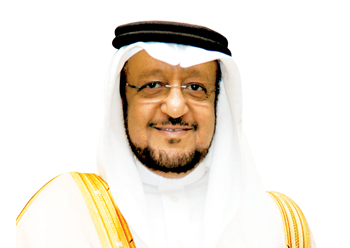 Abdulkareem ... confident SPSP will satisfy the future
Abdulkareem ... confident SPSP will satisfy the future
SPSP has trained thousands of Saudi men, making them competent individuals for the oil and gas sectors. This year, it will begin training women, ABDULRAHMAN ABDULKAREEM, Chairman of the SPSP Board of Trustees, tells ABDULAZIZ KHATTAK
Saudi Petroleum Services Polytechnic (SPSP) has over the last decade played an instrumental role in preparing Saudi youth for the energy sector; enable young individuals to attain self-actualisation and contribute to the nation building process, while ensuring the sustainability of their companies.
To date, more than 8,000 individuals have been trained (in 12 specialties) to operate and maintain various crucial facilities.
 |
The SPSP family ... thousands have graduated to serve in the energy sector |
And although all the trainees have been males up till now, the institute has now started focusing on women training, starting this year.
“We, at SPSP, believe in women’s role and will very soon embark on HSE programmes for women, in addition to instrument and electrical training programmes in the future,” says Abdulrahman Abdulkareem, Chairman of the SPSP Board of Trustees.
That said, the institute has always been open to women, employing them in its administrative departments since 2012.
SPSP is majorly invested into by the Saudi government through the Human Resources Development Fund (HRDF) and employers with the aim of increasing Saudisation and ensuring empowerment of the local cadre. What started in 2008 with one institute and 400 trainees sponsored by 4 companies, has today three institutes serving more than 100 companies.
 |
Al Shahrani ... poised for promotion in March |
Abdulkareem says SPSP has aligned its strategy roadmap to the Saudi 2030 Vision, and will continue its mission to graduate qualified young Saudis, and we will ensure they have important roles after graduation.
“We envision to graduate an additional 6,000 competent Saudi youth in the planned period (2020-2024) and enrich the Saudi youth in the energy sector to ensure the sustainability of companies. In other words, we are proudly working to enable these young Saudis attain self-actualisation and contribute to the nation building process and be active contributors to their companies,” he adds.
He says SPSP facilities are undergoing continuous expansions and renovations to accommodate new training programmes. Examples are Accelerated Competency Transformation Program for Engineers (ACT Eng) and a two-year HSE Diploma programme, and female training centres.
“The ACT Eng was successfully introduced in 2019 to certify engineers with comprehensive programme. We have introduced this accredited engineering training and certification for the first time, and it is part of our plans to establish a certification hub in Saudi Arabia. Moreover, we are preparing for women training in 2020,” says Abdulkareem.
 |
Al Takroni and Al Abdulwahid (right) ... proud SPSP alumni and now senior personnel at the institute |
Currently, a total of 11 technical specialty programmes are offered at SPSP accredited by 9 international organisations. This places SPSP in the top ranks of energy institutes. The programmes and training centres are accredited by the Accrediting Council for Continuing Education and Training (ACCET), International Association of Drilling Contractors (IADC), the Institution of Occupational Safety and Health (IOSH), City and Guilds, PAA/VQ-SET, the Lifting Equipment Engineers Association (LEEA) and the National Safety Council (NSC), in addition to the Saudi Heart Association (SHA) and International Road Transport Union (IRU).
Explaining the training procedure, Abdulkareem says the two-year training programme is sponsored by a potential employer company, which sponsors the trainee during the training programme and hires her/him, if he/she passes.
Potential trainees aged 18 to 26 years should have graduated from high school with a 70 per cent pass percentage in addition to 60 per cent from Qiyas (National Center for Assessment) and successfully undergo physical and health tests.
About 500 trainees are inducted twice a year on average.
Technical training programmes at SPSP are mostly hands-on coupled with theory. All training shops are well equipped and use practical training methods, as well as simulations in some crafts. The technical instructors at the institute are technically qualified and have very rich industry experience. Potential SPSP trainers and trainees are even sent on training assignments to the sponsoring companies.
Also, for a comprehensive curriculum, industry professionals from the sponsoring companies attend regular training advisory committees along with SPSP quality assurance staff to ensure the curriculum is in line with industry needs.
SPSP has in the past year signed a number of MoUs and agreements, such as those with Nesr, McDermott, IFP, etc. Abdulkareem says these partnerships help SPSP achieve its mission of training and graduating technically trained young Saudis, who are competent and qualified to fill technical jobs at the companies operating in the energy sector. Some companies like IFP and ADI are mainly training providers whereas others are trainee sponsoring companies, which sponsor trainees for two years and hire them if they pass.
Recounting SPSP’s achievements, he proudly says several SPSP trainees have climbed to higher positions after completing their training. Three of these many achievers are Hussam Al Takroni, Khalid Al Abdulwahid and Faisal Al Shahrani.
Al Takroni joined SPSP after completing high school back in 2008. After signing a contract with one of SPSP’s sponsoring companies, he graduated with a two-year a diploma in Mechanical Maintenance Technology from SPSP.
As part of the contractual obligation, he worked for his sponsoring company as a mechanical technician foreman in Aramco Manifa field for a while. Later, based on his distinction during his studies, SPSP offered him to return and work for it as a potential technical trainer. During his two years as a potential trainer, SPSP trained him through intensive assignments and courses, making him a qualified technical trainer.
Al Takroni worked at the institute for two years as technical instructor and trained and qualified more than 20 trainees every year to graduate and join the labour market in the oil, gas and energy sectors.
In 2015, SPSP offered him a scholarship for a Bachelor’s degree at Staffordshire University, the UK and he came back with a degree in Mechanical Engineering to help transfer knowledge and aid in the improvement and development of SPSP.
He now occupies a Senior Mechanical Instructor position and leads a group of 15 instructors to qualify and graduate 100 Saudi trainees specialised in mechanical technology to work in the biggest companies in the oil, gas and energy industry.
The story of Al Abdulwahid is somewhat similar. He obtained a diploma in Electrical Maintenance Technology from SPSP after completing high school in 2008 and later signing a contract with one of SPSP sponsoring companies.
As a part of the contractual obligation, he worked for his sponsoring company as an electrical technician foreman at Aramco Manifa field for a while, and was later offered by SPSP to work for it as a potential technical trainer.
During his two years as a potential trainer, SPSP developed him through intensive assignments and courses, making him a qualified technical trainer. In the two years he worked at SPSP, Al Abdulwahid trained and qualified more than 20 trainees every year to graduate and join the oil, gas and energy sector.
In 2015, SPSP offered him a scholarship to complete his Bachelor’s degree at Staffordshire University, UK, in electrical engineering. After his return, he helped transferring knowledge and helped in the improvement and development of SPSP. He worked as a senior electrical instructor, leading a group of 15 instructors to qualify and graduate 100 Saudi trainees specialised in electrical technology to work in the biggest companies in the oil, gas and energy sectros. He now occupies the acting Technical Training Manager position and is in charge of all technical training workshops, and responsible to graduate more than 390 highly qualified technical Saudi workforce.
Al Shahrani on the other hand joined SPSP’s second batch where he studied technical mechanical and graduated in 2011. He started his career with his sponsoring company Schlumberger in January 2012 as an operator and is currently working at Halliburton as a service coordinator in Kuwait leading a team of 85 members. He is poised for promotion to operations manager next March.
Like every responsible company, corporate social responsibilities (CSR) is an integral part of SPSP’s operation and vision. “The institute has signed many MoUs with different companies and societal entities to cover beneficial programmes for individuals in need and the society at large,” says Abdulkareem.
Examples are, ‘Taziz’ Programme, which involves teaching English language to high school orphans to increase their chances of further development and studies; health campaigns; beach cleaning initiatives; and other charity works during the holy month of Ramadan (providing food and essentials to people in need) and during the year.
Abdulkareem is confident SPSP will meet the challenges ahead in satisfying the future needs of the industry and become globally-recognised as the best-in-class institute in introducing a sustainability programme to achieve the highest operational excellence standards.
“I count on SPSP team’s support and commitment in making the SPSP a training facility we can all be proud of, for the future benefits of our beloved country,” he concludes.




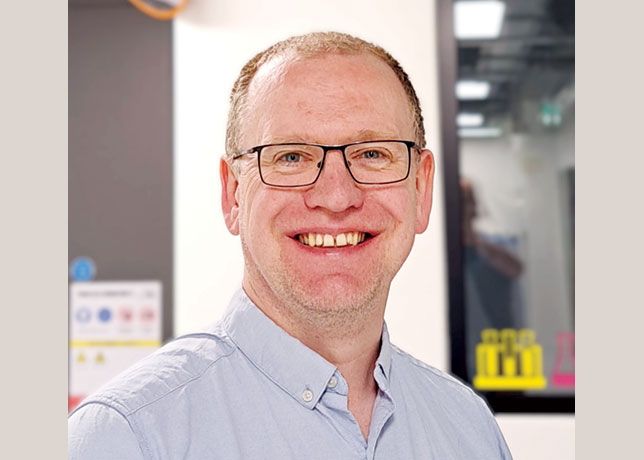
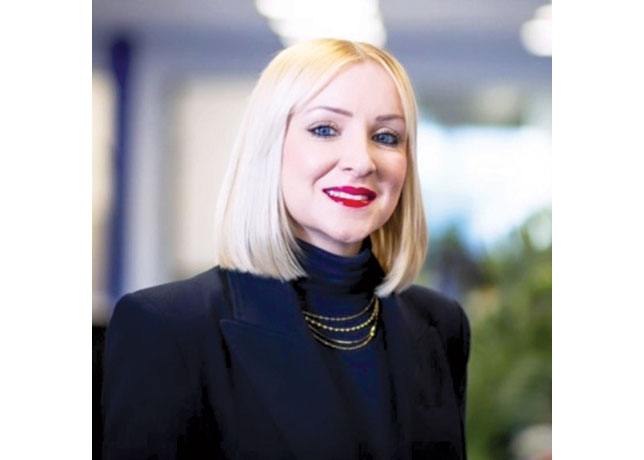
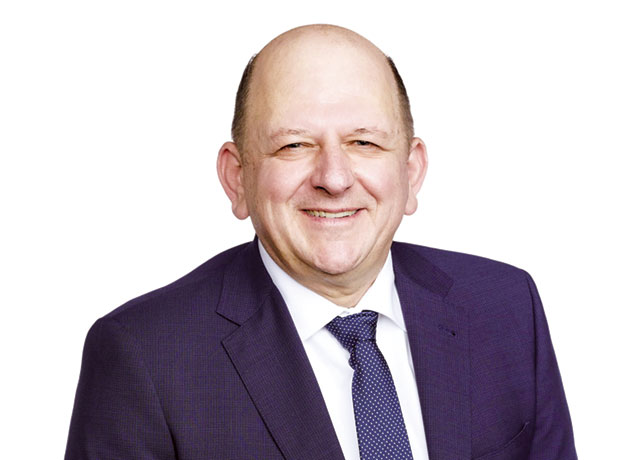
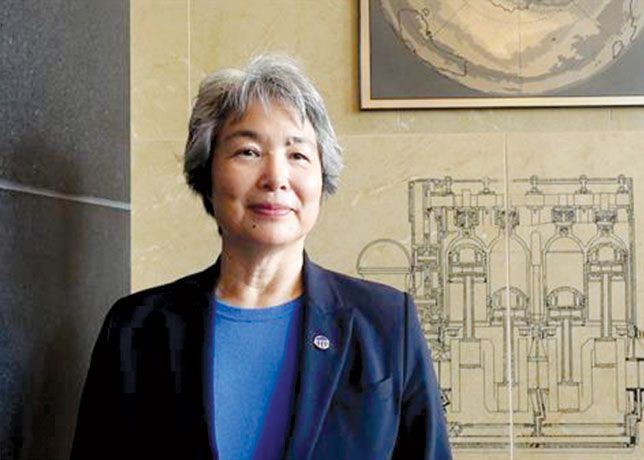
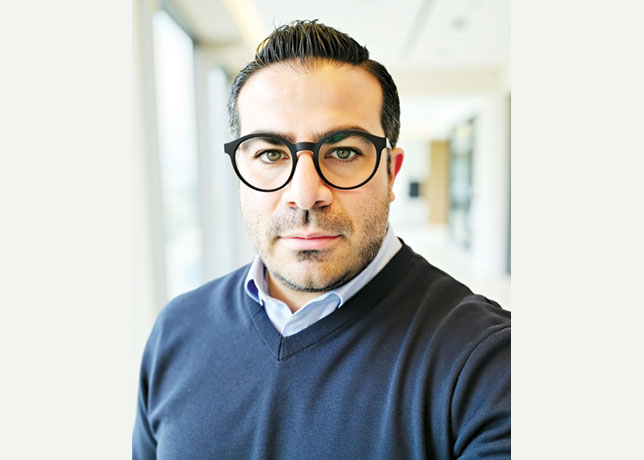

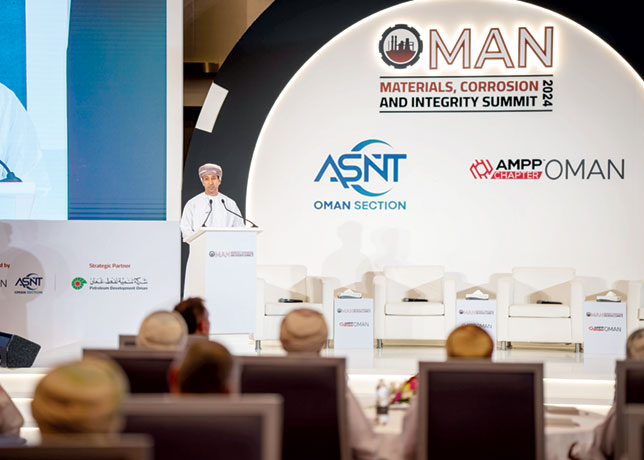
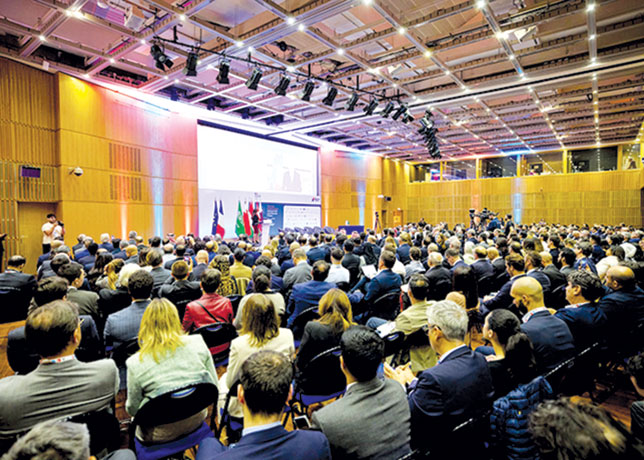
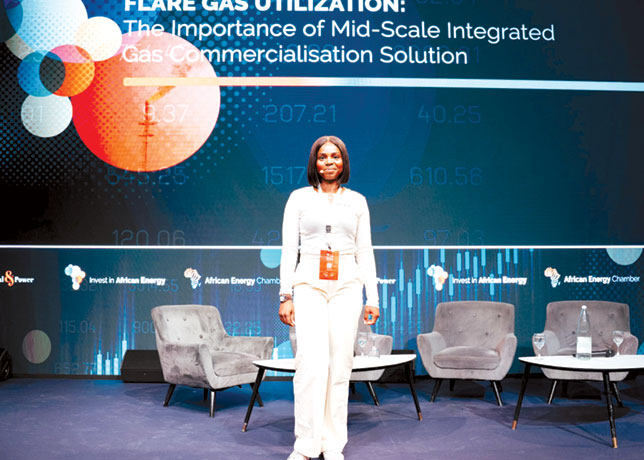

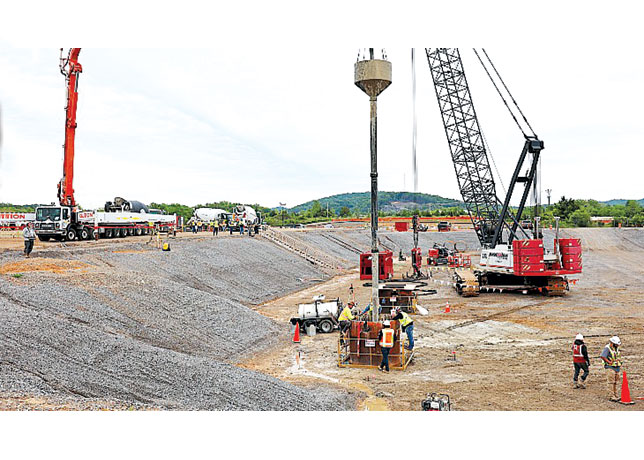
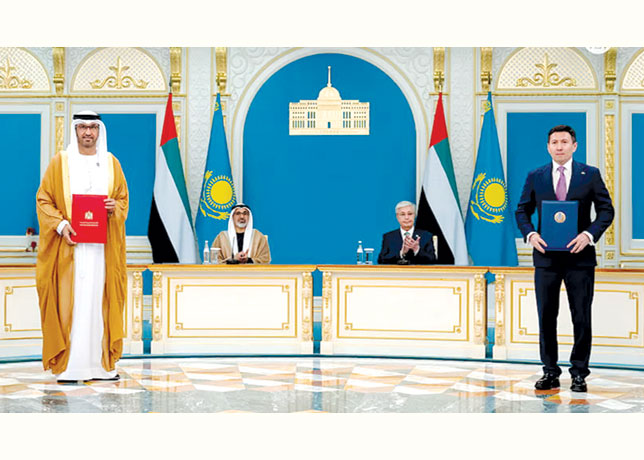

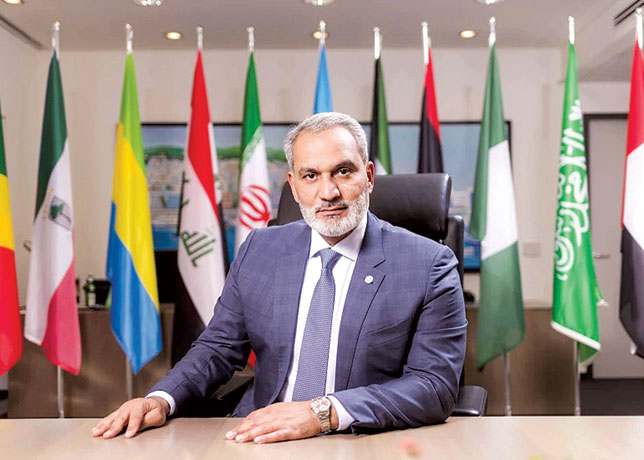
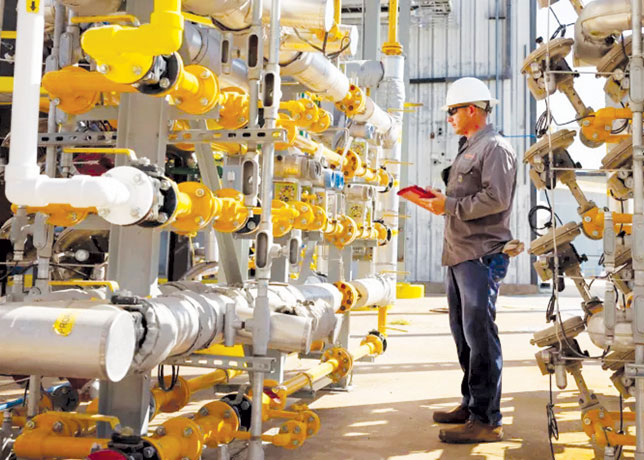
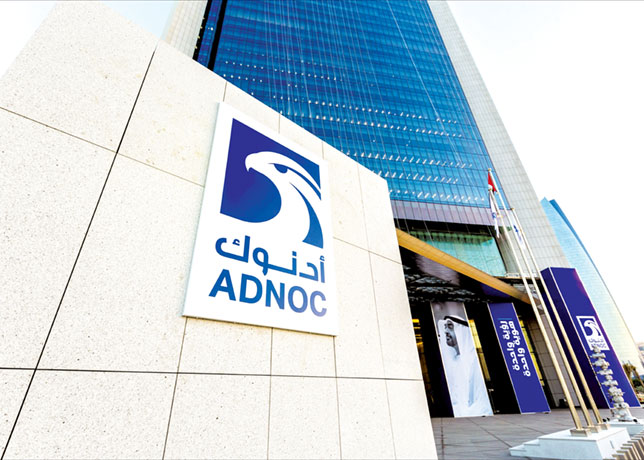

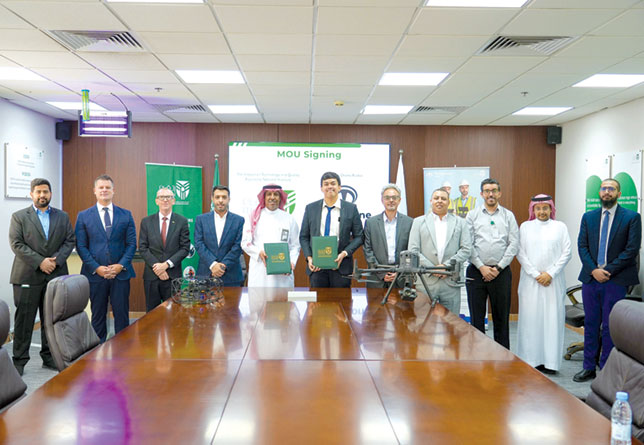


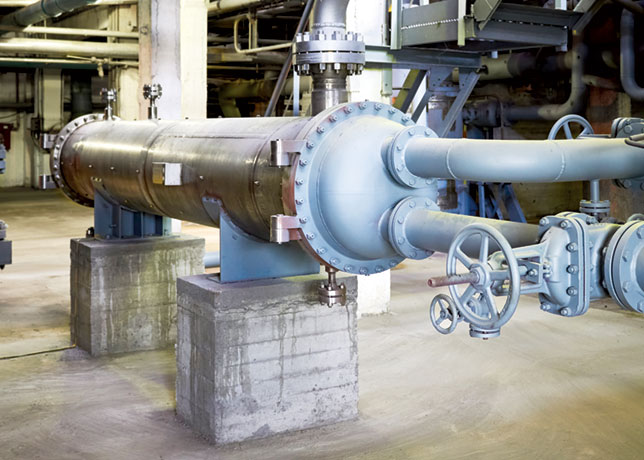
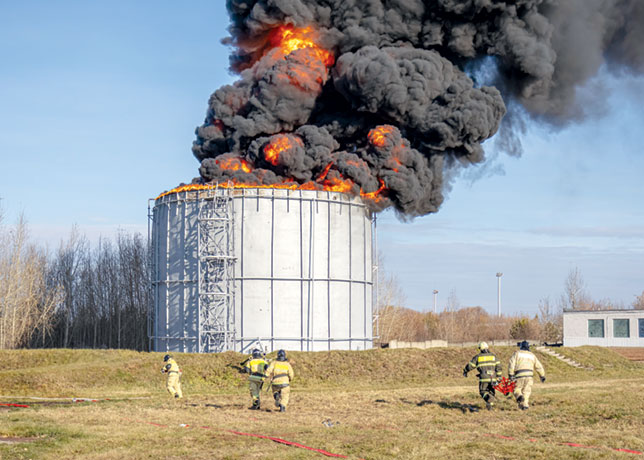
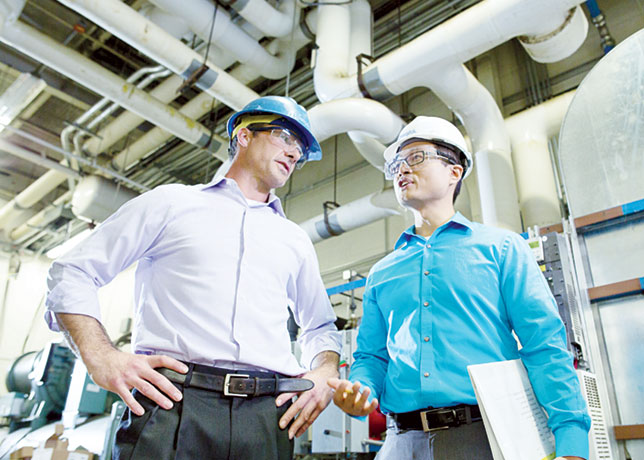
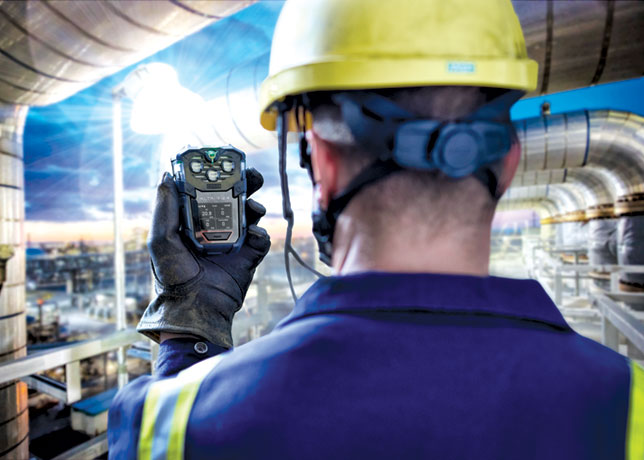
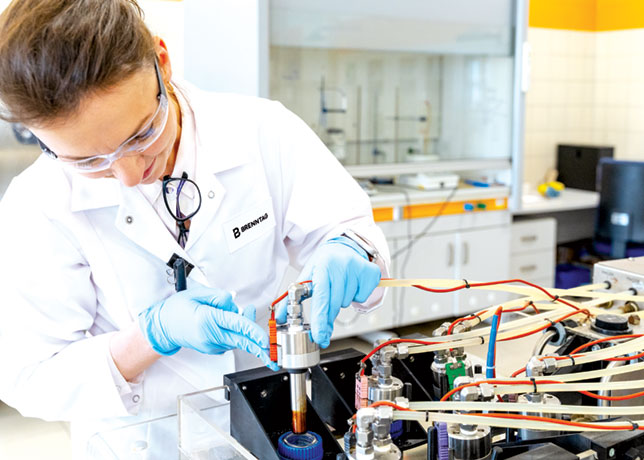
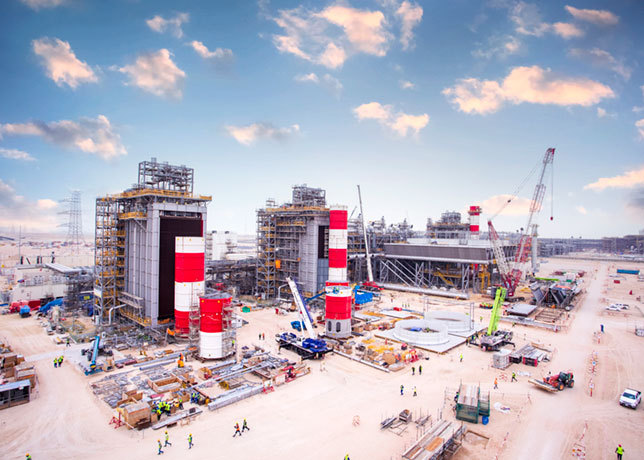

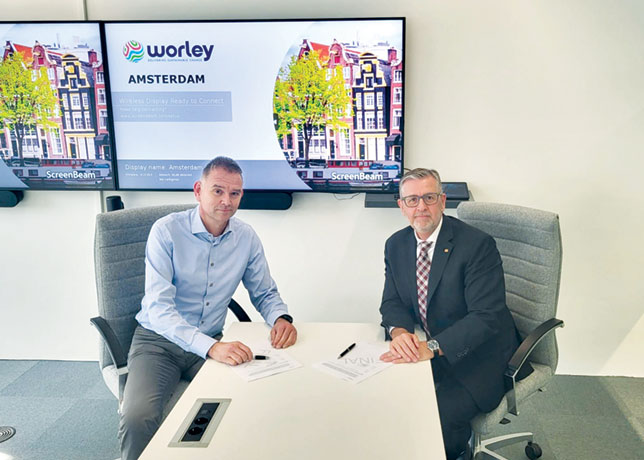
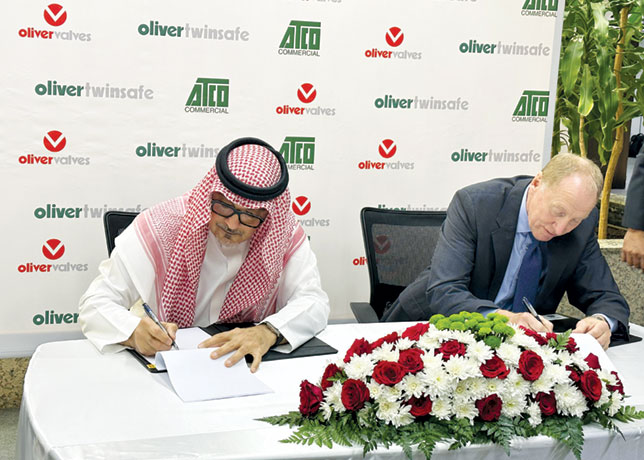
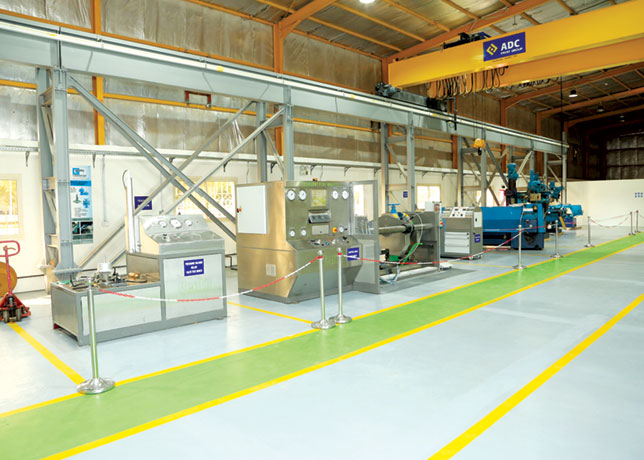
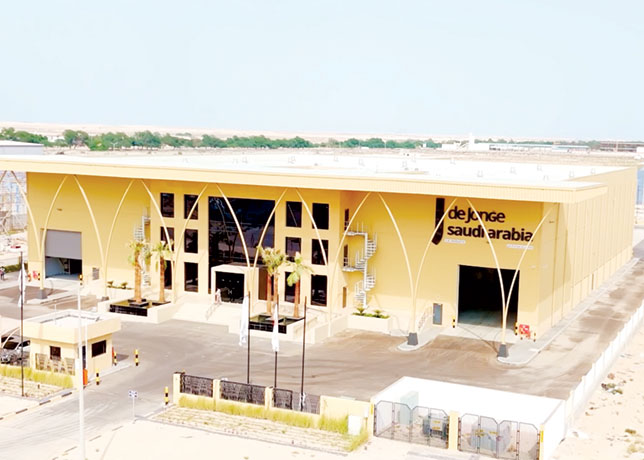

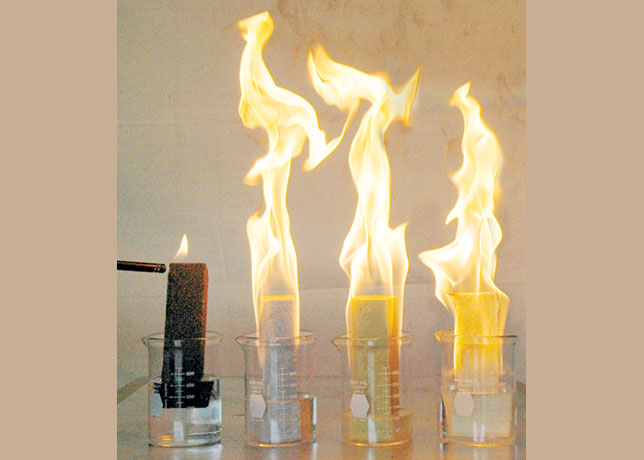
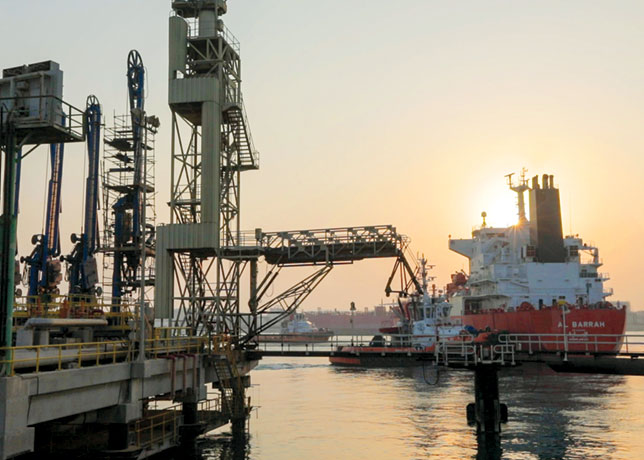
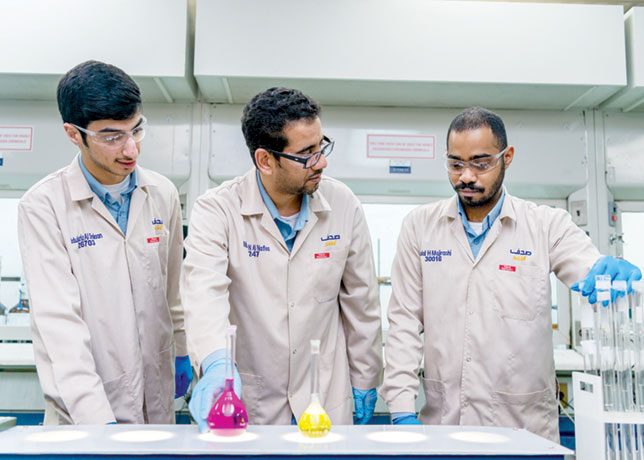
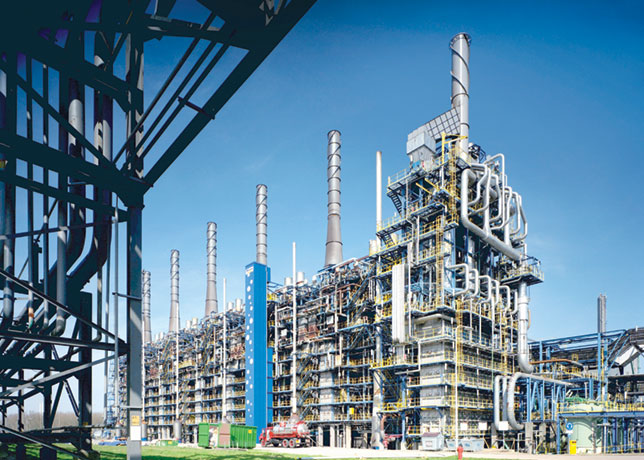
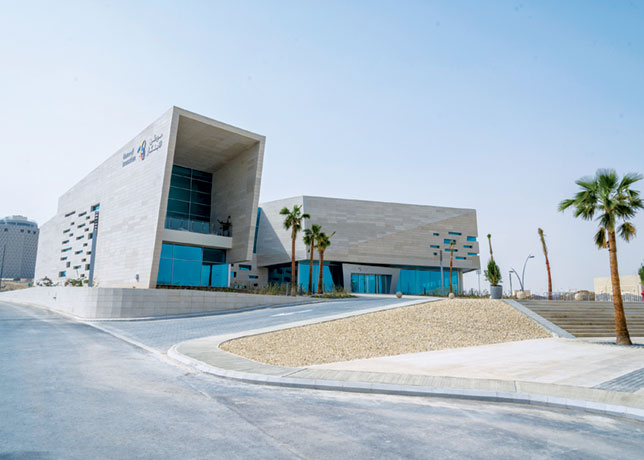

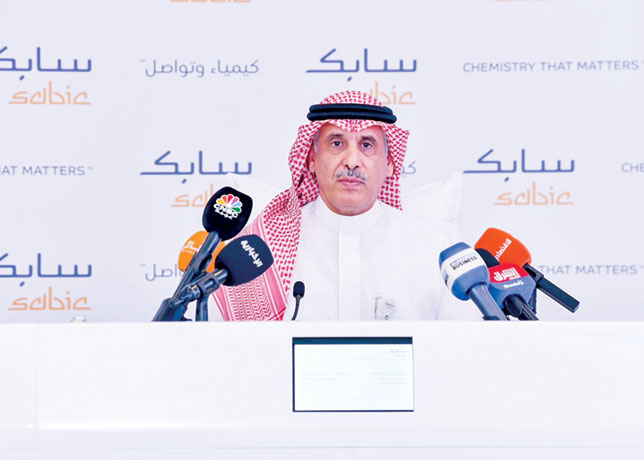























.jpg)